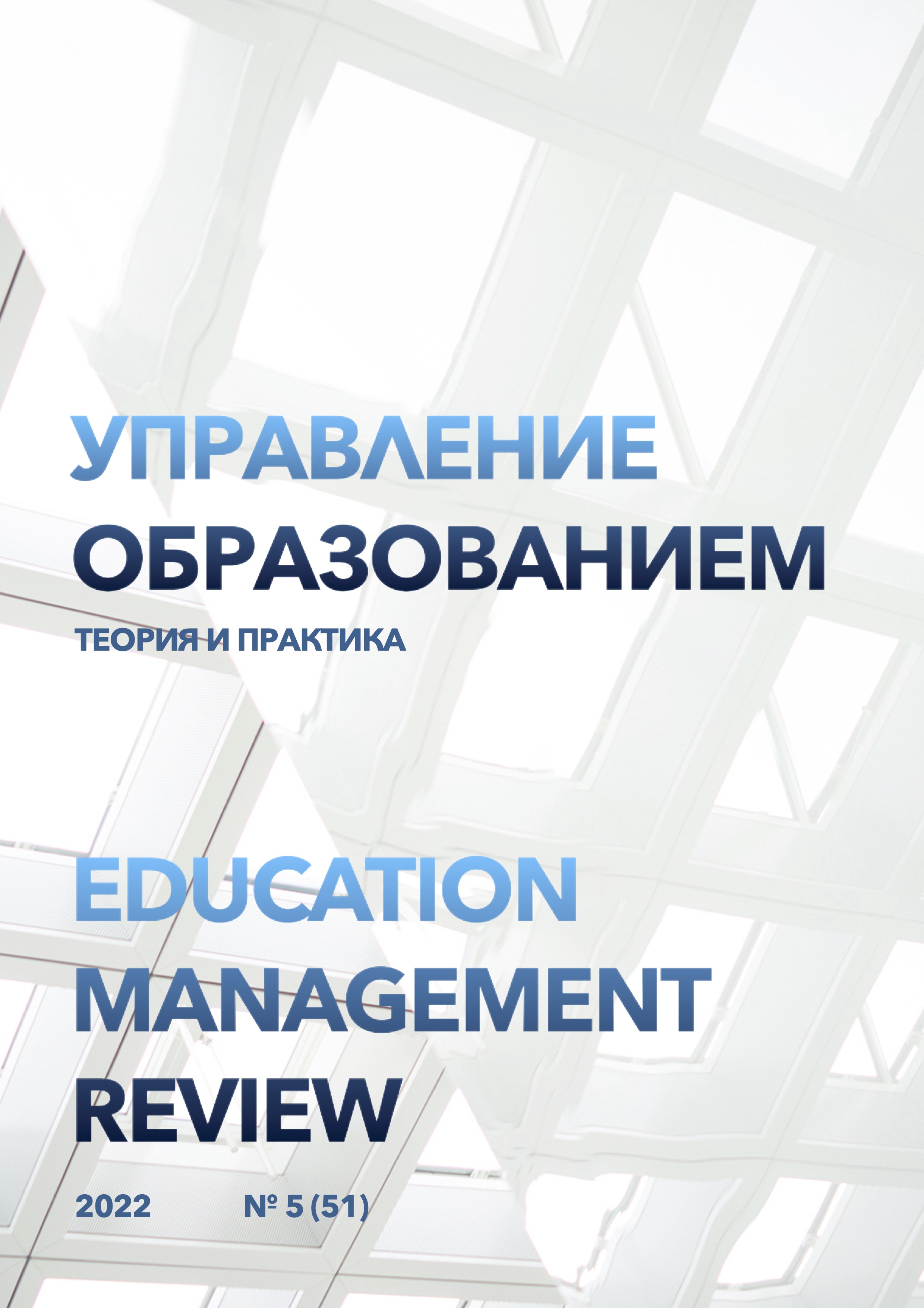Formation of financial literacy of future engineers in higher mathematics classes
DOI:
https://doi.org/10.25726/r7856-9888-3427-rKeywords:
financial literacy, engineers, economics, higher mathematicsAbstract
The rapid spread of financial relations to all spheres of human activity actualizes the problem of increasing financial literacy of the population. In the modern conditions of the development of the state, the reform of the economy, education, financial culture, the key moment of progress is the formation of financial literacy of future specialists, in particular engineers. Higher mathematics belongs to one of the main fundamental disciplines in the training program for future engineers in technical universities, in the classes of which it is possible to form financial literacy. Future specialists of technical specialties, thanks to the course of higher mathematics, learn mathematical methods, acquire skills for solving basic types of problems and, most importantly, acquire knowledge in mathematics, which are tools of financial literacy. The problem of financial literacy has acquired wide relevance and is beginning to be investigated by many scientists. The issue of improving financial literacy is considered in the works of both scientists - economists and scientists-teachers on the theory and methodology of vocational education and methods of teaching disciplines of the mathematical cycle.
References
Анацкая Л.Н. Современные технологии в преподавания экономики // Педагогическая наука и практика. 2012. №3. С. 81-84.
Даниленко А.И., Гордиенко И.В. Использование современных образовательных технологий при преподавании экономических дисциплин //Молодежный аграрный форум. Материалы международной студенческой научной конференции. 2018. 33 с.
Иваненко М.А., Сербина А.С., Скрипак Е.И. Применение активных образовательных технологий как метод реализации междисциплинарного подхода в преподавании дисциплин экономического и гуманитарного профиля // Качество и полезность в экономической теории и практике. Материалы всероссийской заочной научно-практической конференции с международным участием. 2016. С. 78-84.
Касенова А.С. Инновационные технологии в профессиональном образовании // Творческая педагогика. 2013. №4. С. 66-71.
Майбуров И.А. Эффективность инвестирования и человеческий капитал в США и России // Мировая экономика и международные отношения. 2004. № 4. С. 3-13.
Соловьева И.А. Информационные технологии в преподавании экономических дисциплин // Развитие системы высшего образования в свете культуры: научный и образовательный опыт. Материалы международной научно-практической конференции. 2015. С. 193-197.
Фокина В.В. Проблемы управления качеством образовательных услуг в российской высшей школе // Управленческое консультирование. 2010. № 4. С. 197-205.
Чоюбекова Г.А. Применение современных образовательных технологий в преподавании экономических дисциплин // Известия вузов Кыргызстана. 2017. №2. С. 58-60.
Becker G. S. Human capital. A theoretical and Empirical Analysis. N.Y.: Yel Press, 1964.
Mincer J. Schooling, Experience and Earnings. N.Y: National Bureau of Economic Research, 1974.




